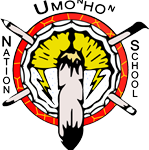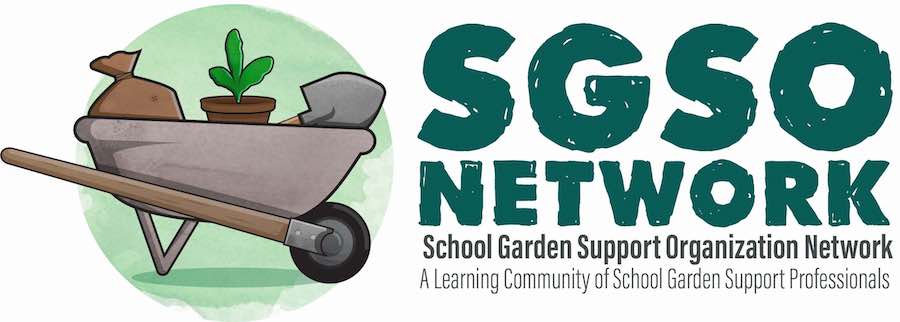The Umoⁿhoⁿ Nation Public School Áshita Théwathe (Let’s Go Outside) is an innovative nature-based education program which takes place in an outdoor setting and serves K-12. Our vision is to create a journey of discovering and reclaiming Indigenous wisdom which promotes food sovereignty, sustainability, and being caretakers of our land. The curriculum has been developed to infuse all academic areas and Indigenous wisdom into the lessons. Multiple sites have been developed for students to have a culturally relevant, hands-on experience. The cultural foundation of the curriculum is based in part on the Umoⁿhoⁿ Tribes Tadé Dubá “Four Winds” (four seasons). We have a greenhouse, a medicine garden which consists of Indigenous plants common to our area and were historically used amongst the Umoⁿhoⁿ people. We have 2 outdoor gardens, one consisting of raised beds and the other a seven acre area. Kindergarten through 8th grade learn basic gardening skills, cultivation, harvesting and seed saving. When they reach high school they have the opportunity to work in the summertime and earn wages. They also learn job skills, marketing and entrepreneurship related to agriculture. All lessons and activities are implemented with culture and language.


